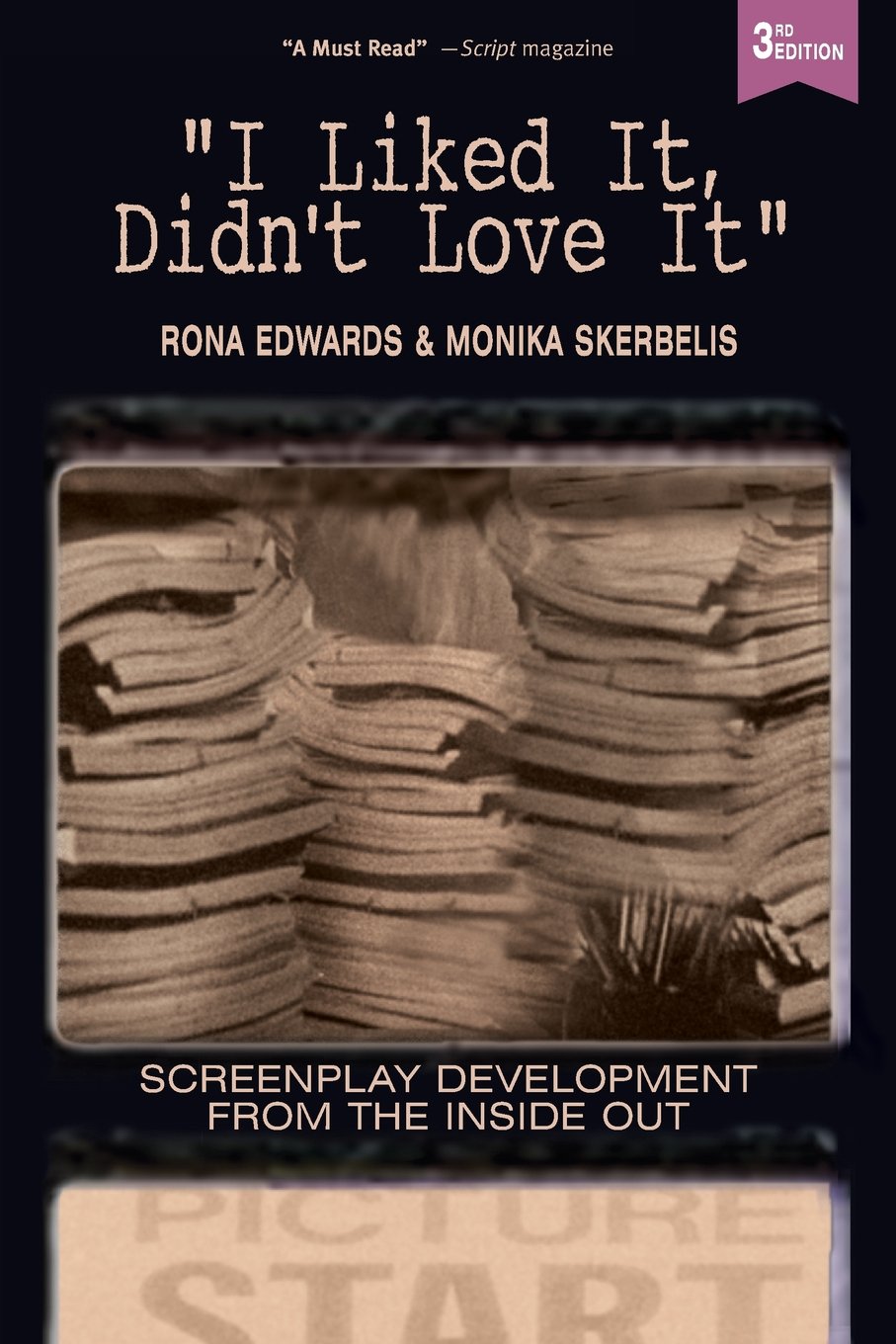Customer Services
Copyright © 2025 Desertcart Holdings Limited
Desert Online General Trading LLC
Dubai, United Arab Emirates



Full description not available
T**.
VERY PRACTICAL AND SUPER DETAILED
I think this is the most useful resource I have ever read that explains the development process and how studio works. The book shows actual examples of coverage, development notes, and step by step guidance on pitching an idea. Reading Robert McKee, Syd Field, and Blake Snyder is good to actually write the story but it doesn't teach you how to position and actually sell your script but this book does. A very well written book and HIGHLY RECOMMENDED for screenwriters and people who want to become creative executives at production companies and studios.
V**N
I Love It.
As a screenwriting and film instructor and a former development executive, I Liked It, I Didn't Love It has been required reading for my students for the last few years. It succinctly breaks down the development process for film and television, and demystifies the role of the studio executive. For my screenwriting students, I use this book as part of my "Next Steps" lecture to help them understand the path a script travels when it gets optioned or sold. I also use it to teach students interested in creative development or producing to give an overview of the roles of the key players and the routes projects travel on the road to production and distribution. It is the best road map of the business I know of. Anyone starting out as an intern or assistant in Hollywood must read this book.
C**H
The only book you'll need to really understand "the business."
This book is, beyond a doubt, one of the most comprehensive and revealing books on the business of film that has ever been written. If you must "know thy enemy" in order to triumph, then you need to purchase, read, and re-read this book.The bookshelves and internet are overflowing with "How-To's" instructing the aspiring writer on how to conceive, write, and perfect their screenplay, but not many tell you what will happen to it once it is submitted and considered. This book does just that.Thank you to Ms. Edwards and Ms. Skerbelis for lifting the veil on a subject that has stayed so mysterious for far too long.
S**S
Not in Kindle Format
I enjoyed reading this book about working in Hollywood/television. Chock full of information. My complaint is that though I paid for the Kindle version, it downloaded as a PDF. The typical Kindle/e-ink features of my Kindle did not work (unable to resize the text, change background color), and as the text is small as crap, I read this on my larger tablet, which was large enough to allow for semi-easy reading. This "ebook" did not even open on my Kindle Scribe.So, while the information is... informative, the reading experience when you expect e-ink benefits is not there. Be wary.
G**.
I recommend this book to all of my screenwriting students
I could be wrong, but I think this may be one of the only books that focuses on development. Well written. The authors are extremely knowledgeable. I recommend this book to all of my screenwriting students.
A**R
Great! Unique! Useful!
Perfect in this issue (I believe the only one about it). That's the abc of development. Clear, methodic and deep.I strongly recommend it. A clarify tool for those serious on that subject.
A**S
If You Read One Book About Screenplay Development...
...it ought to be this one!The authors are clearly seasoned pros and their insightful observations and advice help to "fill in the blanks" about the oftentimes confounding process of screenplay development. I highly recommend it.
T**Y
LIKED IT - DIDN'T LOVE IT
Can't imagine a book that had a more appropriate title...
Trustpilot
1 week ago
1 month ago